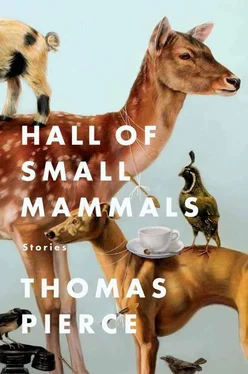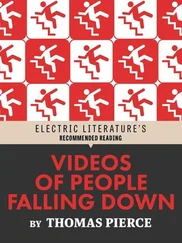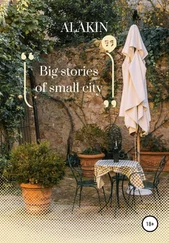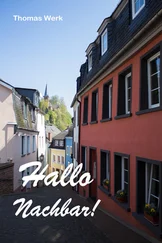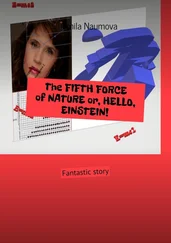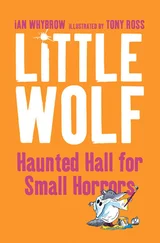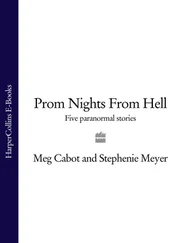Eventually Carol loses interest in the cellist like everyone else. She doesn’t write a novel about him. Instead she does what everyone wants her to do, which is write a sequel about the stupid beekeepers.
Babies Falling Down SUPERCUT
“Are you liking it?” Amy asks, and flicks the cover of the beekeeper sequel.
“Not really,” Beth says, dog-earing her page. “It’s not as good as her first book. The main character just got back together with her husband because he promised to give up his violin for her. It all feels a bit contrived.”
They are in the park down the street from Beth’s house. Beth hasn’t been snowboarding in years, but she does have a credit card now that earns her frequent-flier miles. She and her husband, Randolph, try to go on at least one adventure a year.
Her friend Amy is visiting from Georgia with her five-year-old daughter. Beth’s own daughter is only a few months older. The girls are on the seesaw: up and down, up and down. The playground equipment is shiny and new, the mulch beneath it still humid and smelly. There are rope ladders and tunnels and shaky bridges and towers and bubble-windows and slides and poles and swings. Play ground isn’t the right word for this place. It’s a play- kingdom .
“They should make playgrounds for adults,” Beth says.
“I think they’re called bars.”
“No,” Beth says, “I mean it. If this place was twice as big, we would be out there playing too. Admit it.”
“Why don’t you just go ride a roller coaster?”
Beth and Amy lived on the same street as girls, and their mothers were best friends. That life can repeat itself so neatly is a fact that Beth, depending on her mood, finds either comforting or unsettling. But having her friend here for the week has illuminated certain differences between them. For instance: Amy’s suggestion that they just pick up some fast-food biscuits for the girls on their way to the library yesterday morning. Beth tried her best not to sound like a judgmental yuppie, but really — fatty lard biscuits? And later, when Beth broached the idea of dropping the girls off at a yoga class for kids, Amy looked at her like it was the funniest thing she’d ever heard: “For five-year-olds?” she asked. “Next you’re going to tell me you’re raising a little whirling dervish.”
So what if she was? Beth wanted to ask. Amy never left Georgia, and while it would be easy to blame their differences on geography or class, Beth knows those aren’t the culprits. Their lives deviated long before Beth left their home state, and besides, Amy lives near Atlanta, where there are probably a dozen kids’ yoga studios and where there are enough yuppie mothers to keep a thousand organic-only farmers’ markets in business.
When their girls are finished on the seesaw, they come running toward their mothers, elated.
Deep inside the ear is a mazelike structure of bone and pink tissue called the labyrinth, and at the end of the labyrinth is the vestibular system, which governs balance and helps us stay upright. Amy’s daughter battles constant inner ear infections and suffers from bouts of vertigo. The little girl falls forward onto her knees and palms. She doesn’t cry and she isn’t hurt or embarrassed. She stands and continues as if it never happened, though the moment is preserved, temporarily at least, on the traffic camera across the street.
After the park Beth and Amy walk their daughters to Pop-Yop, the ice cream shop, where customers don’t pay by the scoop but by the ounce. The cashier actually weighs the cup after you add the toppings. Beth can’t help thinking of livestock as they shuffle forward in line. They sit outside in the sunshine as the girls devour every drop of ice cream (Amy’s daughter actually licks the cup clean), and then Beth leads them on a slightly circuitous route back to the house, hoping to wear out the wee ones and kill the sugar rush. The strategy is semi-effective. It takes some singing and cajoling and reading, but thirty minutes later, they have the girls down for naps in Beth’s big bed.
“I can’t tell you how rare this is,” Amy says. “She hardly ever takes naps anymore. This is so nice. I feel like I should celebrate. What do you have to drink?”
“I think someone left a bottle of Prosecco here a few weeks ago. You want me to get it?”
Amy nods and so Beth pours the bubbly liquid into two wineglasses. They sit down on the couch together and appreciate the silence. Spread out across the coffee table there are a series of messy half-finished watercolor paintings. Amy picks up one. The painting is of a red street and a gray building and, behind that, a flat and tall mountain. Beth’s daughter painted it. In a closet upstairs there are at least twenty other paintings just like it.
“This is beautiful,” Amy says. “She saw it on a vacation or something?”
“No, we’ve never been anywhere like that.” Beth has a few theories about the painting, but she isn’t sure what Amy would think of them. Her friend is slumped down in the couch, feet propped up on the coffee table, the Prosecco balanced on her belly button. She looks exhausted. Beth decides to tell Amy everything — about how she occasionally finds her daughter changing all the sheets, collecting all the towels, about how her daughter sometimes insists that she isn’t a little girl but a maid in a fancy hotel, a maid with a fiancé who works on a ship and who comes to see her whenever he can.
Amy listens intently. “Huh,” she says. “And what do you make of that?”
“I don’t know. Maybe she heard it on television.”
“Or maybe it’s a past life,” Amy says.
Beth has often wondered the same thing, but hearing Amy suggest this possibility is a surprise. Amy seems to sense what Beth is thinking. She takes a long sip and smiles before adding, “Don’t box me in. You don’t know everything about me.”
When the girls wake up from their nap, thirty minutes later, the Prosecco bottle is empty on the coffee table, and Beth is feeling drowsy and warm and wishing her old friend didn’t have to live so far away. Her daughter comes into the room wiping gunk from her eyes and snot from her nose, gazing at them confused and half awake. So much might have transpired to land her little girl in this time and in this place. Beth imagines her daughter tumbling down into her body as some kind of thin mucous light. What she imagines, really, is a kind of fall, a series of them, one life to the next, on and on, accelerating until, velocity achieved, you fell right through the universe itself and were finished. It’s an exhausting thought, not to mention a tad New Agey, not an idea she’d dare try and describe to her friend, but she wonders if there’s something in it worth holding on to for later, for after this lovely haze has left her.
“Where’s my grilled cheese?” her daughter asks, testy, and Beth’s fists sink down deep into the couch as she shoves herself upright, the Prosecco purpling her vision. Her body noodles to the left but she manages to lumber through it, crossing the living room with a short laugh, asking Amy if it was possible they’d been overserved, just in case her friend noticed the light-headed wobble.
trans/FALL
In an art gallery that was once a shoe factory, a meager crowd wanders through the exhibits. The white walls are eight feet tall and the dark factory ceiling is at least twice that. It’s like wandering through a rat maze. Halfway through the maze there is a room with forty flatscreen televisions across two walls. On each of the screens, a person falls down but in reverse, time slowed, each body emitting a pink and purple light that moves like ripples in water.
“Looks like a music video from the 1980s,” someone says.
Читать дальше
